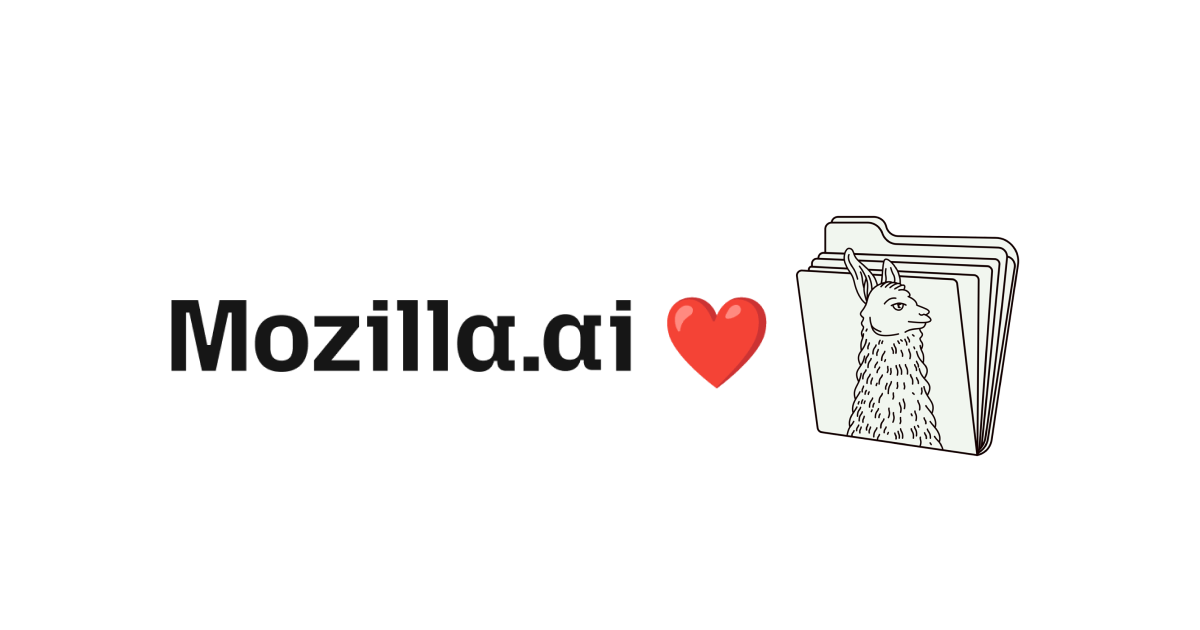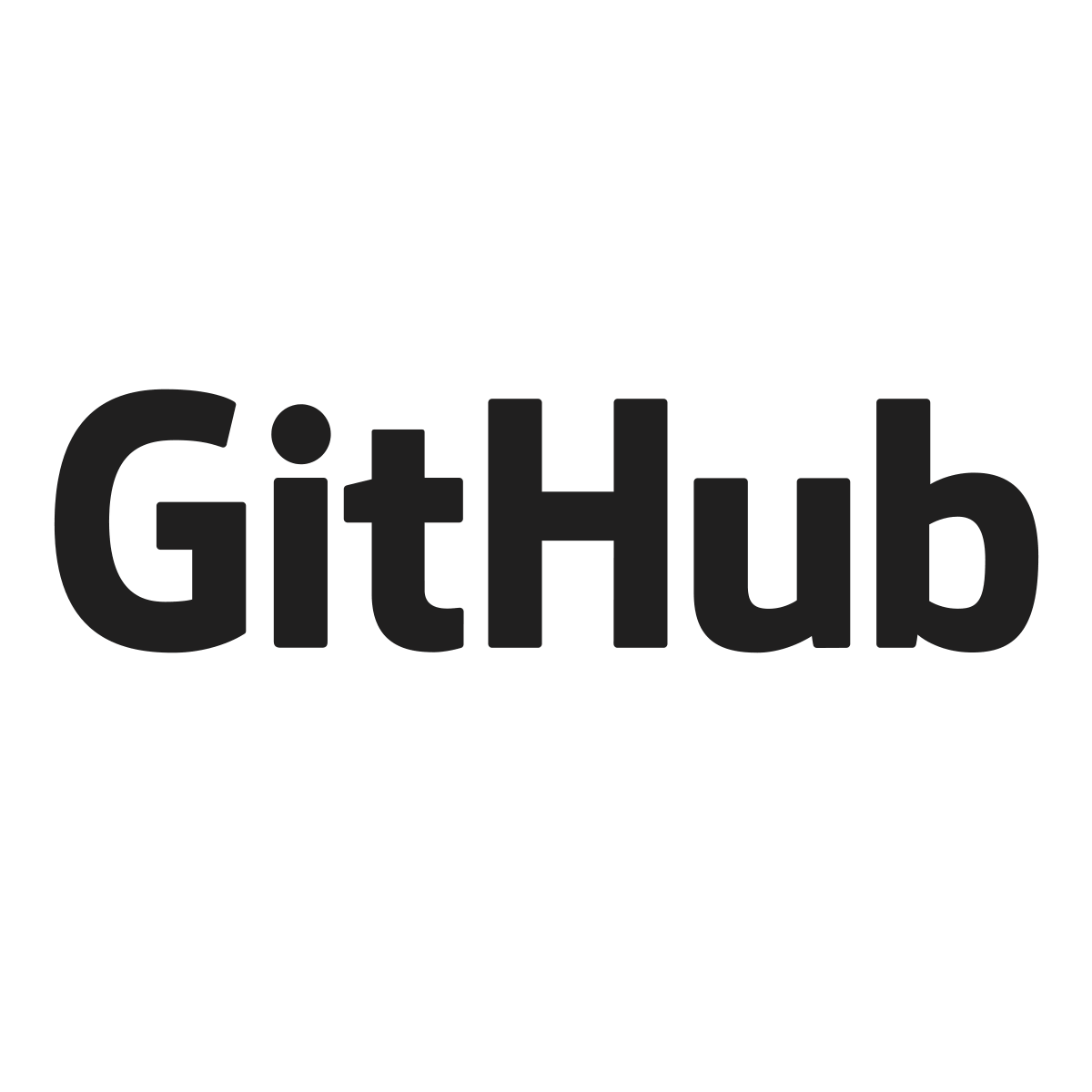Mozilla.ai is adopting llamafile to advance open, local, privacy-first AI—and we’re inviting the community to help shape its future.

Mozilla.ai is adopting llamafile to advance open, local, privacy-first AI—and we’re inviting the community to help shape its future.
TL;DR
Mozilla.ai is adopting the llamafile project to advance local, privacy-first AI. We are refreshing the codebase, modernizing foundations, and shaping the roadmap with community input.
Tell us what features matter the most to you on our Github Discussion board or the Mozilla Discord llamafile channel. We’re excited to hear from you!
mozilla.ai 🤝 llamafile
Mozilla.ai was founded to build a future of trustworthy, transparent, and controllable AI. Over the past year, we have contributed to that mission by exploring not only the big cloud hosted large language models (LLMs) like GPT, Claude, Gemini, but also the smaller open-weight local models like gpt-oss, Gemma, and Qwen.
The llamafile project allows anyone to easily distribute and run LLMs locally using a single executable file.
Originally a Mozilla Builders project, llamafile impressed us with its power and ease of use. We’ve used it in our Local LLM-as-judge evaluation experiments and, more recently, as a cornerstone of BYOTA.
llamafile Refresh
llamafile was started in 2023 on top of the cosmopolitan library, which allows it to be compiled once but run anywhere (macOS, Linux, Windows, etc). Each llamafile contains both server code and model weights, making the deployment of an LLM as easy as downloading and executing a single file. It also leverages the popular llama.cpp project for fast model inference.
As the local and open LLM ecosystem has evolved over the years, time has come for llamafile to evolve too. It needs refactoring and upgrades to incorporate newer features available in llama.cpp and develop a refined understanding of the most valuable features for its users.
This is where Mozilla.ai is stepping in.
Today, we're happy to announce that the llamafile codebase has officially joined the mozilla.ai organization in GitHub. We are excited to be able to help support this pivotal technology and to help build the next generation of llamafile.
We Need Your Input
We're building the next generation of llamafile in the open, and we want our roadmap decisions to be informed by your actual needs and use cases. We'd love to hear your thoughts on:
- Why did you choose llamafile in the first place?
- What features do you rely on most?
- Why are you still using it? (Or, perhaps more tellingly, why did you move to another tool?)
- What would make llamafile more useful for your work?
Please share your feedback on the Github Discussion board or the Mozilla Discord llamafile channel. We’re excited to hear from you!
Next Steps
Over the coming weeks and months, you'll see new activity in the llamafile repository as we incorporate your feedback into our roadmap. The code continues to be public, the issues are open, and we're eager to hear what you think. If you're currently using llamafile, nothing changes for you. Your existing workflows will continue working as expected. GitHub will handle the redirects, and all binaries linked in the repo will remain available.
If llamafile has been part of your toolkit, we'd love to know what made it valuable. If you tried it once and moved on, we want to learn why. And if you've never used it but are curious about running AI models locally for the first time, now may be a good time to give it a try ;)
llamafile has shown us what was possible as a community. Let’s keep building the next phase together!
.png)





